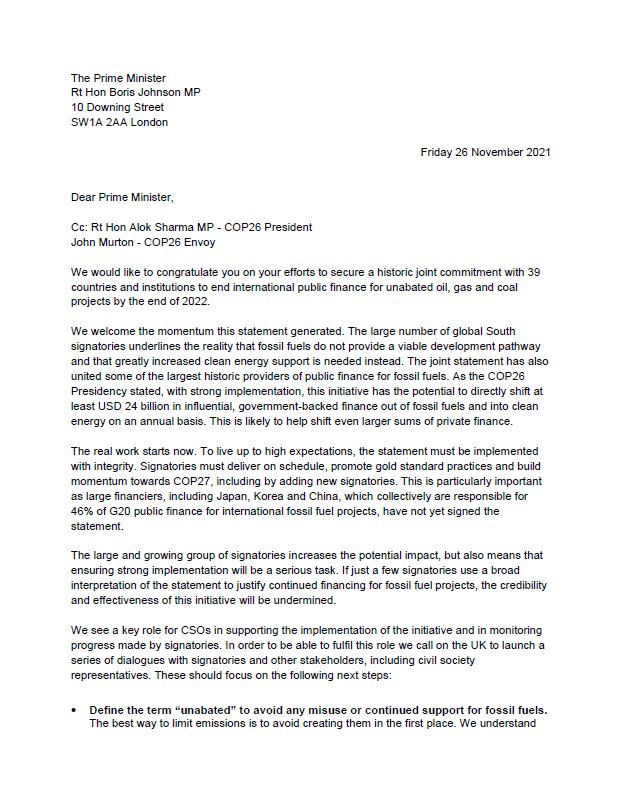
Amicus Curiae: “It is the duty of States to phase out fossil fuel production”
This amicus curiae, submitted to the Inter-American Court of Human Rights, outlines the duty of States to phase out fossil fuel production and use in order to comply with the 1.5°C temperature limit.









